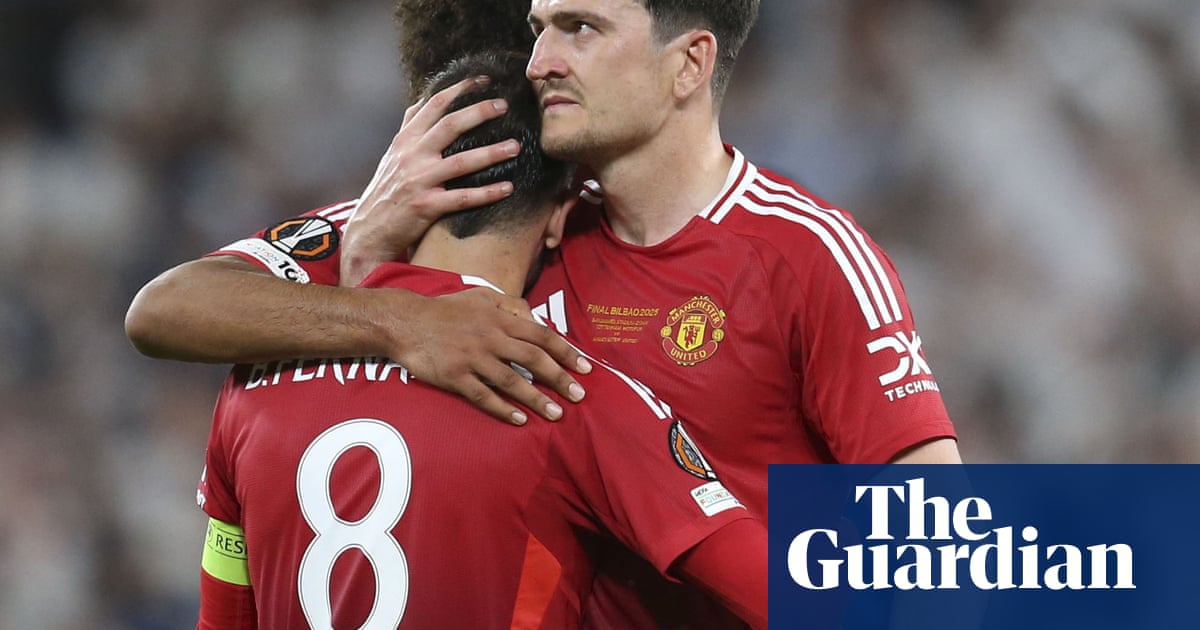Manchester United shares have slumped after the football club was defeated in the final of Europe’s second-tier tournament, which will ultimately lead to £100m in lost revenues.
United lost 1-0 to Tottenham Hotspurin the Uefa Europa League final in Bilbao on Wednesday night, dealing a further blow to its billionaire owners, the Glazer family and Sir Jim Ratcliffe. It means the club has failed to qualify for next season’s lucrative Uefa Champions League, Europe’s top-tier football competition.
Manchester United shares fell by nearly 8% in early trading on Thursday, their steepest drop in more than eight months, but later pared back losses to 6.7%. The stock, which has lost about a fifth of its value this year, had hit its highest level in 11 weeks hours before the game.
Shareholders will be hugely disappointed that the Premier League club has missed out on the lucrative place in next season’s Champions League. Participationleads toearnings from tickets, broadcast money, and sponsor bonusesestimated at more than £100m.
The defeat means United will not play in European competition at all next season, which will damage the club’s revenues and profits for 2025-26 as arebuild of its squadgets under way. It alsoplans to build a new £2bn, 100,000-seat stadiumthat would be the largest in the UK.
United’s former first-team coach René Meulensteen had called it a “crossroads moment” after “the most disastrous season”. The club is languishing in 16th place in the Premier League, just above Spurs, and is heading for its lowest finish in the table in 50 years.
Following the 2005 takeover by the Glazers, the majority owners, United is more than £1bn in debt, leading to hefty interest payments every year. The club reported a loss of £113m last year (compared with £26m for Spurs), which took United’s total pre-tax losses to £300m over the past three years.
It has taken tough actions such as cutting jobs, increasing members’ match-day ticket prices to £66 with no reductions for seniors or children, raising parking charges for disabled fans and scrapping the steward-of-the-match £50 award.
The minority owner Ratcliffe decidedin February tocut about 200 more jobsto help the club avoid going bust.
Sign up toBusiness Today
Get set for the working day – we'll point you to all the business news and analysis you need every morning
after newsletter promotion
In November,United predicted a profit of £145m-£160m, measured by Ebitda (earnings before interest, tax, depreciation and amortisation), for the financial year ending 30 June 2025. It forecast annual revenue of £650m-£670m from commercial, broadcasting and match-day sources, including new and renewed sponsorships.
